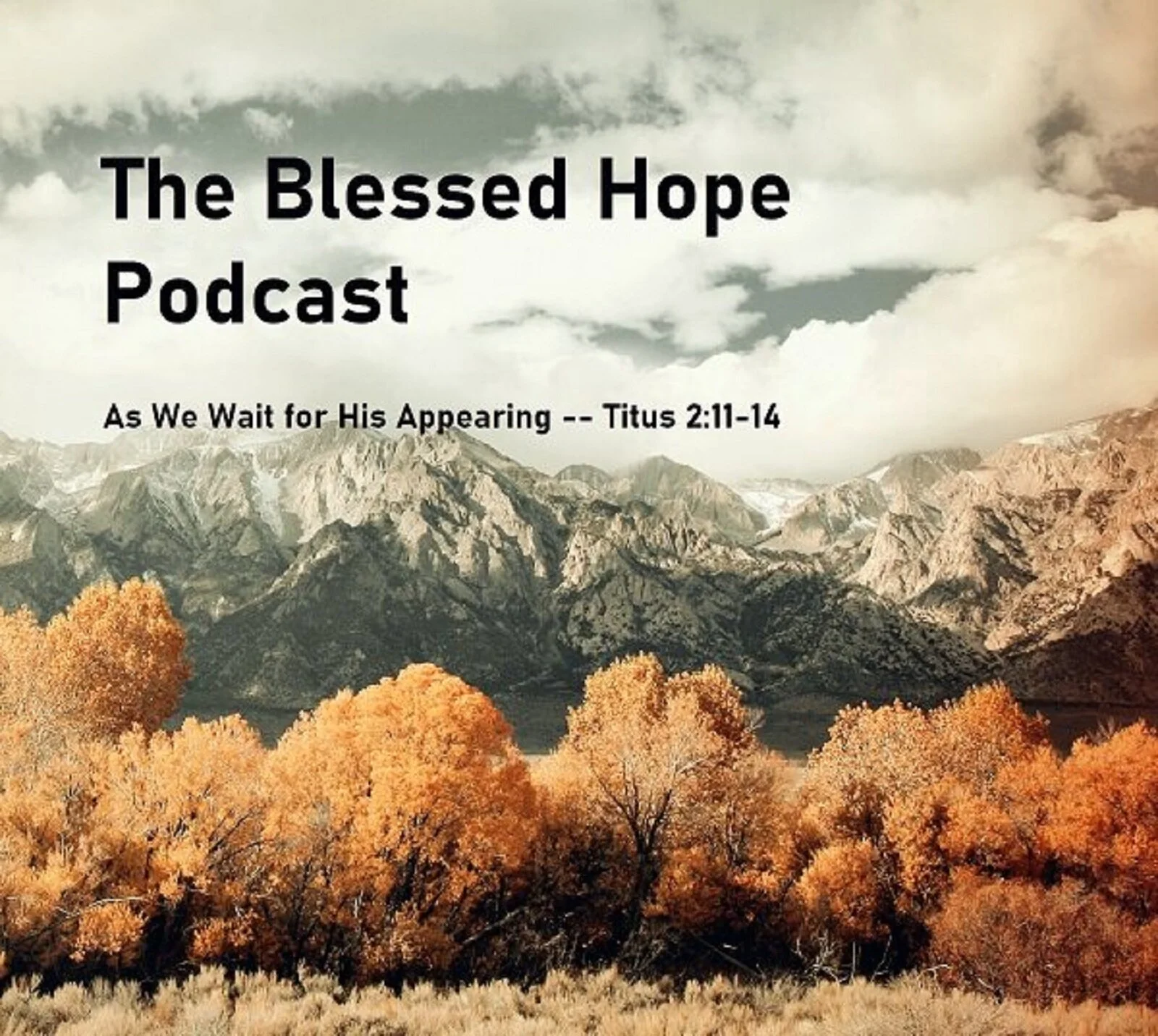There are a number of important points made by Luke in Acts 15, but three stand out for brief mention here, especially when considered in light of Paul’s recently written Letter to The Galatians (which I take to be written in A.D. 48, a year or so before the Jerusalem Council convened). Paul, Barnabas, along the with apostles (James and Peter) and the elders of the Jerusalem church (including Judas called Barsabbas and Silas) were present to debate the matter of whether circumcision was required of Gentile converts to Christianity, if they were to be saved (Acts 15:1-2).
First, despite the ethnic and cultural differences between Jew and Gentile, both groups were equal and full members in the Israel of God which is Christ’s church (cf. Galatians 6:16). As Paul made clear in his Galatian letter, the gospel is not based upon human obedience to the Law of Moses or submission to circumcision (“works of the law”—Galatians 2:16), which supposedly made the Jew superior to Gentiles. It is clear that the gospel is the preaching of Christ crucified, through which, God in his grace, calls his elect to faith in Jesus Christ, whether they be Jew or Gentile.
To read the rest, follow the link below
Read More



















